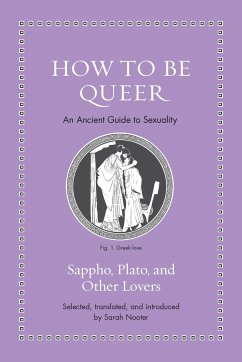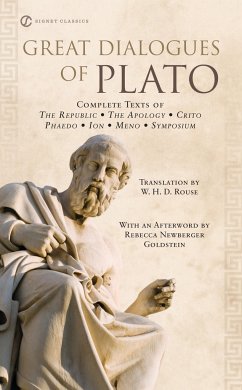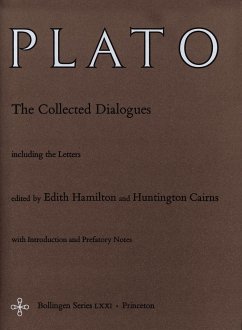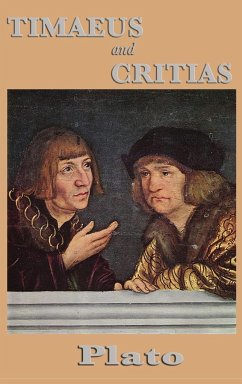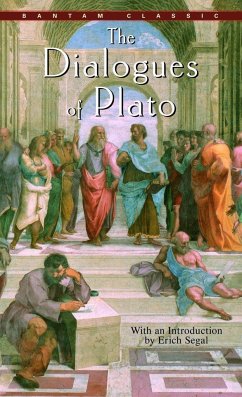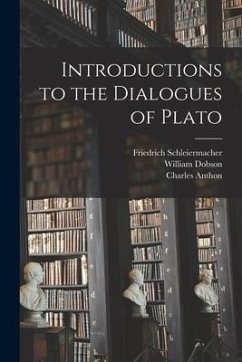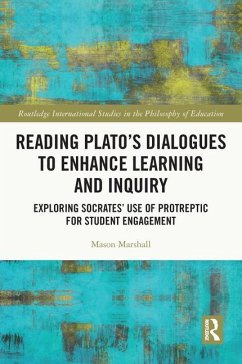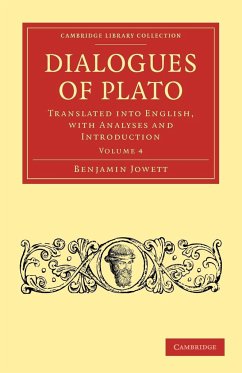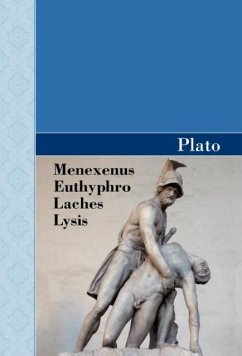
Menexenus, Euthyphro, Laches and Lysis Dialogues of Plato
Versandkostenfrei!
Versandfertig in über 4 Wochen
27,99 €
inkl. MwSt.
Weitere Ausgaben:

PAYBACK Punkte
14 °P sammeln!
Menexenus The Menexenus is in large part a funeral oration delivered by Socrates, which he claims was provided by Aspasia, Pericles' mistress. Interpreters of the work are divided over the intention of the work and how it should be understood. It is a parody, an exercise in rhetoric, or serious and a representation of Plato's political ideals? Euthyphro Often underrated, Euthyphro examines the nature of piety and demonstrates the dangers of pretending to have knowledge that one does not have. Socrates, on his way to the court where he will be charged with atheism and corrupting the young, meet...
Menexenus The Menexenus is in large part a funeral oration delivered by Socrates, which he claims was provided by Aspasia, Pericles' mistress. Interpreters of the work are divided over the intention of the work and how it should be understood. It is a parody, an exercise in rhetoric, or serious and a representation of Plato's political ideals? Euthyphro Often underrated, Euthyphro examines the nature of piety and demonstrates the dangers of pretending to have knowledge that one does not have. Socrates, on his way to the court where he will be charged with atheism and corrupting the young, meets the young 'prophet' Euthyphro and asks him to explain, "what is piety and what impiety"? Laches In Laches Plato examines courage, in particular moral courage. Morally good conduct requires not only the ability to distinguish what the right course of action is, but also the strength of will to act accordingly. In this dialogue Laches, Nicias and Socrates debate various definitions of courage. Lysis An engaging examination of friendship that has not received the attention that it deserves. Socrates discusses the types of friendship and the notion of a primary object of love, for whose sake one loves other things.



